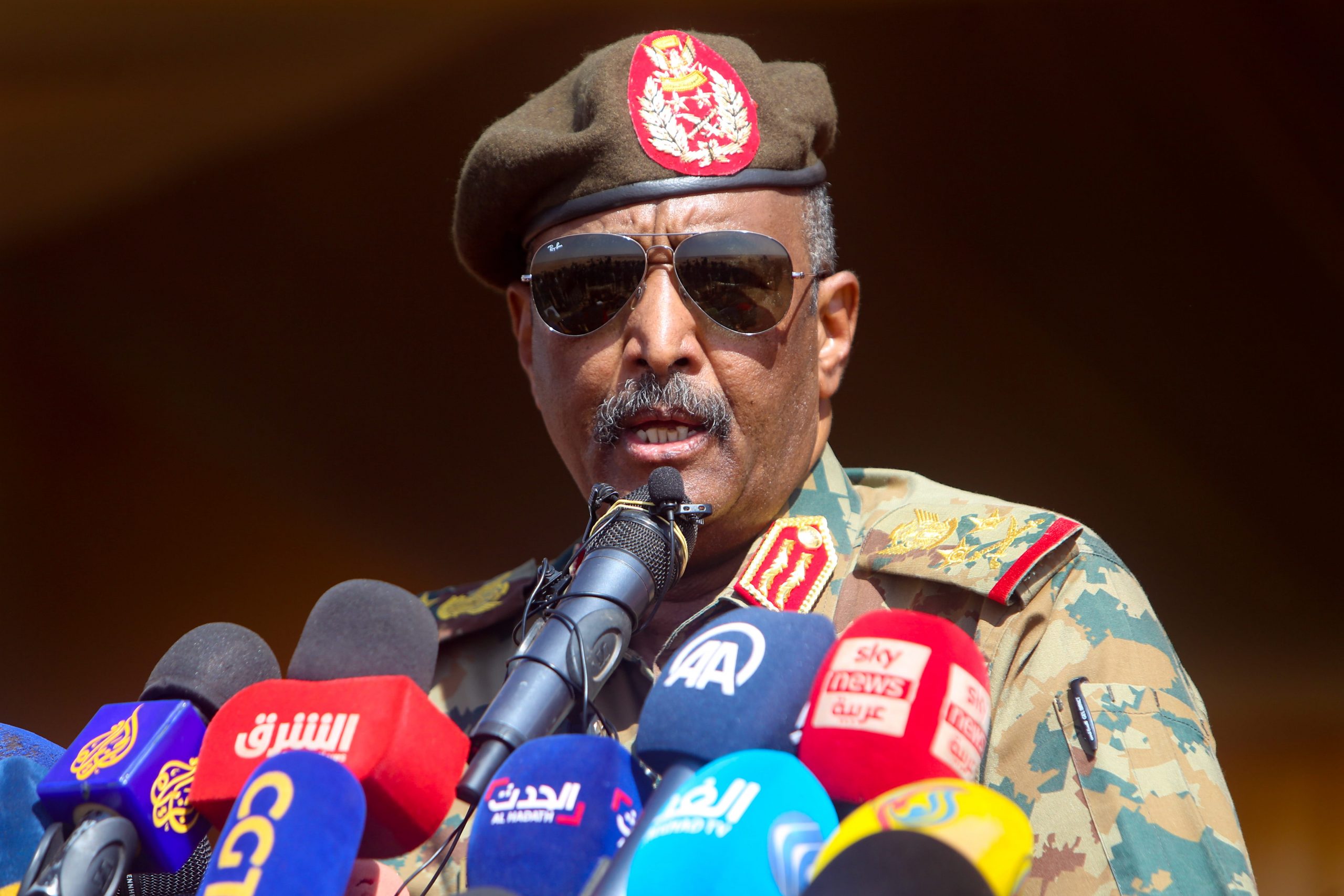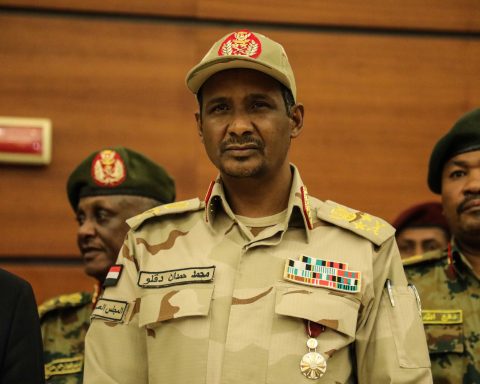Sudan’s top general Abdel Fattah al-Burhan praised recent ties with Israel, claiming that intelligence sharing between the two erstwhile foes assisted in the arrest of suspected extremists in his nation.
Al-Burhan said it is lawful for Sudanese security and intelligence organizations to have contacts and exchange visits with Israel in an interview with Sudan’s state-run television. He claimed that his country’s connections with Israel are not political, claiming that no senior Sudanese official has visited Israel yet. However, he did not go into detail.
Sudan has been able to demolish and arrest suspected extremist cells that may have jeopardized the security of Sudan and the region, according to al-Burhan.
Israel has made no immediate response. Israel has been deafeningly silent on al-Burhan’s military coup in Sudan in October and the accompanying upheaval, signaling that it wishes to maintain normalized relations with Sudan.
As part of a series of US-brokered treaties between Israel and four Arab countries, the two countries repaired relations late in 2020.
Since then, Israel and Sudan have developed security and intelligence ties, with officials meeting on a regular basis in unannounced visits. Nasredeen Abdulbari, the then-Sudanese justice minister, met with Israel’s Deputy Foreign Minister Idan Roll and Regional Cooperation Minister Issawi Frej in Abu Dhabi, the United Arab Emirates’ capital, in October.
As a matter of fact, In recent weeks, Sudanese and Israeli officials exchanged unannounced visits. A Sudanese security delegation recently visited Tel Aviv, following a visit to Khartoum by Israeli officials, including Mossad intelligence operatives, in January.
After two decades of isolation under former President Omar al-Bashir, the normalization of relations with Israel prepared the door for Sudan to reintegrate into the international community. Sudan was previously one of Israel’s most ferocious Arab adversaries. After the 1967 conflict, it held a historic Arab meeting at which eight Arab countries promised never to make peace with Israel.
Sudan has had a fragile democratic transition due to mounting protests since the October 25 military intervention against the civilian alliance FFC. This situation sparked near-daily public protests, severely destabilizing the country.
According to a Sudanese medical association, security forces have killed over 80 civilians and injured over 2,200 others since the coup.














